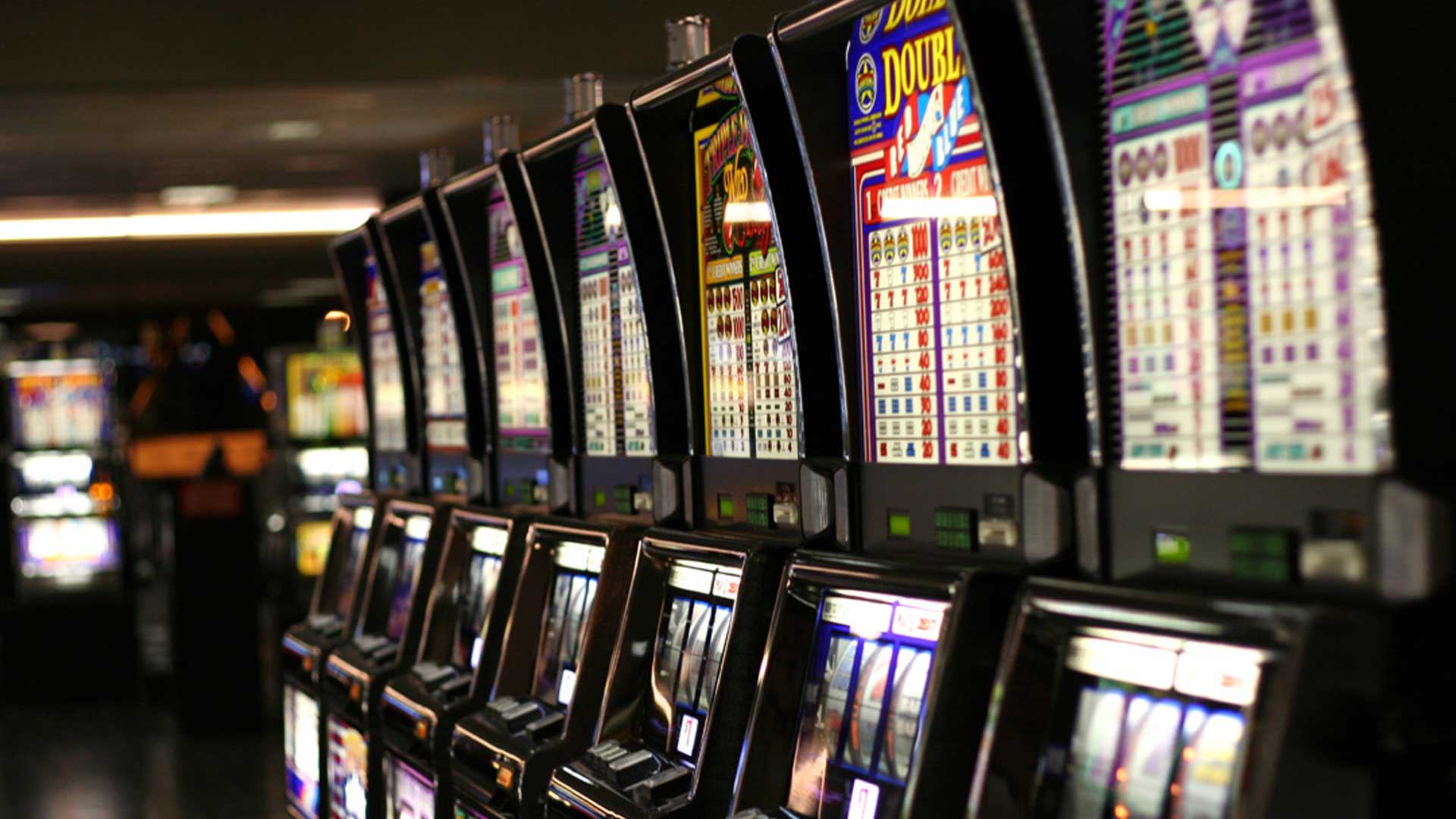Why Slot Players Believe in Patterns

Why Slot Players Believe in Patterns: The Psychology Behind the Reels
Slot machines, with their flashing lights and enticing sounds, hold a unique allure for gamblers. Despite being based on Random Number Generators (RNGs), a surprising number of players firmly believe in the existence of patterns within these games. This belief fuels various strategies and betting systems, often leading to frustration and financial losses. But why do slot players cling to this notion of predictable patterns in a game designed for randomness? Let's delve into the psychological and cognitive factors at play.
One primary reason is the human brain's inherent desire to find order and meaning. We are wired to identify patterns, even where none exist. This phenomenon, known as "patternicity," is a cognitive bias that predisposes us to perceive meaningful connections between unrelated events. When a player experiences a win after a certain number of spins or after varying their bet size, they might interpret it as evidence of a pattern, even if it's purely coincidental. They might think, "If I bet small for five spins, then bet big on the sixth, I'm more likely to win." This perceived pattern reinforces their belief and encourages them to continue searching for more.
The near-miss effect also contributes significantly. A near-miss occurs when the slot reels almost align to form a winning combination. This near-win feeling activates the reward centers in the brain, similar to a real win, creating a sense that success is just around the corner. The near-miss strengthens the illusion of control and reinforces the player's belief that they are on the verge of cracking the code or discovering a winning pattern. This encourages continued play, even in the face of consistent losses.
Confirmation bias is another powerful force shaping beliefs about slot patterns. This bias involves selectively noticing and remembering information that confirms pre-existing beliefs while ignoring or downplaying contradictory evidence. For example, a player who believes in a specific betting pattern will likely remember the times their pattern led to a win and forget or minimize the instances where it didn't. This selective memory further solidifies their belief, making it difficult to convince them that their pattern is not actually effective.
Superstition plays a role as well. Many players develop superstitious rituals or beliefs associated with slot machines. This might involve pressing the spin button in a particular way, wearing a lucky charm, or playing at a specific time of day. These superstitions provide a sense of control and predictability in a seemingly chaotic environment. While these rituals are harmless in themselves, they can reinforce the idea that players can influence the outcome of the game, further strengthening the belief in patterns.
The design of slot machines themselves can inadvertently contribute to the perception of patterns. The reels often display a variety of symbols, and players may perceive visual sequences or combinations as being more or less likely to appear. The flashing lights and celebratory sounds accompanying wins create a heightened sense of excitement and anticipation, making the experience more emotionally engaging and potentially distorting players' perceptions of randomness. Plus, many online platforms, like those available through m88 msports login, offer a huge range of games, which further fuels pattern exploration.
Furthermore, social influence can reinforce these beliefs. Players often share their "strategies" and experiences with each other, either in person or online. If a player hears stories of others successfully exploiting perceived patterns, it can further validate their own beliefs and encourage them to continue searching for similar patterns. These shared experiences create a sense of community and reinforce the idea that there's a secret to winning at slots.
It's important to understand that slot machines are programmed with Random Number Generators (RNGs) which ensure that each spin is independent and unpredictable. The odds of winning on any given spin are the same, regardless of previous results. No strategy or betting system can overcome the inherent randomness of the game.
While the belief in slot patterns can be harmless for some, it can lead to problem gambling for others. Players who are convinced that they can crack the code are more likely to chase their losses, bet more than they can afford, and experience significant financial and emotional distress. It's crucial to remember that slots are games of chance, and the best approach is to play responsibly, set limits, and view them as a form of entertainment rather than a source of income. Understanding the psychological factors that contribute to the illusion of patterns can help players make more informed decisions and avoid falling into the trap of chasing unrealistic winning strategies.
```